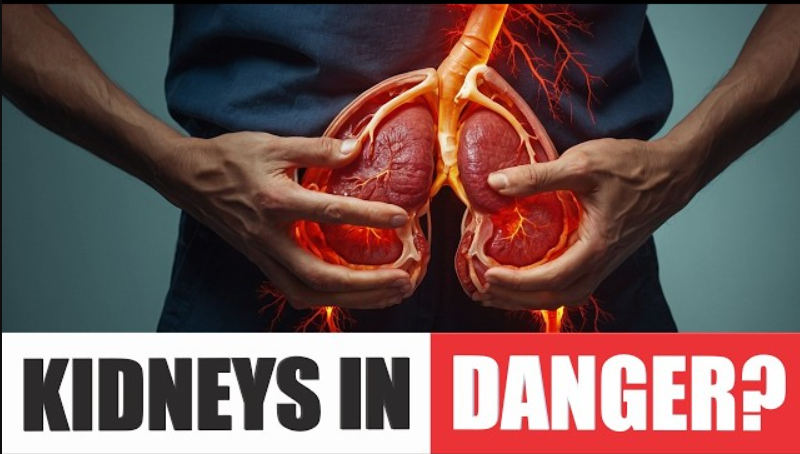The kidneys play an important part in keeping our bodies healthy and operating correctly. They are located immediately below the rib cage and are responsible for filtering 10-150 quarts of blood per day, removing waste and excess fluids from our bodies, controlling electrolyte levels, and keeping healthy bones and blood pressure. When the kidneys do not work properly, it can have a serious influence on our entire health.
Here are several indications that may suggest kidney injury or failure. To recognise and prevent any possible difficulties, it is critical to be aware of the following signs:
- Swelling
If the kidneys are unable to clear extra fluids as they should, oedema can occur in many regions of the body, including the face, joints, and limbs.
- Urinary Changes
Pay attention to any changes in your urine habits. Early symptoms of kidney disease may include difficulty urinating, feeling pressure throughout the process, dark urine, urinating less frequently and in smaller amounts, pale urine, frequent urination in large amounts, foamy urine, and a frequent urge to urinate at night.
- Skin Rash
An accumulation of waste in the body as a result of renal failure can cause skin rashes and itching. The accumulation of waste in the blood can make the skin look unhealthy, dry, and irritated. While lotions and creams may provide temporary relief, treating the underlying renal disease is critical for long-term healing.
- Fatigue
Healthy kidneys produce erythropoietin (EPO), a hormone that promotes the synthesis of red blood cells. Red blood cells transport oxygen throughout the body. When the kidneys aren’t working properly, the synthesis of red blood cells slows, resulting in weariness. This can affect both the brain and the muscles and is indicative of severe anaemia.
- Shortness of breath
Shortness of breath is a common problem, but it can also indicate renal impairment. When the body lacks oxygen, it is usually due to a shortage of red blood cells, which transport oxygen throughout the body. Toxin buildup in the lungs can impair the generation of these blood cells.
- Metallic taste in the mouth
A buildup of waste in the blood can change the flavour of foods and potentially produce bad breath. A abrupt and significant change in your taste for particular foods, as well as a decrease in appetite, may indicate renal impairment.
- Pain
Pain in the upper back is another sign of kidney troubles. This area relates to the location of the kidneys and can be made worse by infections or kidney stones.
- Poor concentration and dizziness
A reduction in oxygen supply to the brain indicates both severe anaemia and kidney failure. This can impair focus, concentration, and memory, and it may also produce dizziness.
Prioritise your kidney health by eating healthier meals and boosting your antioxidant consumption. By taking care of your kidneys, you can ensure that they work properly and process waste.



